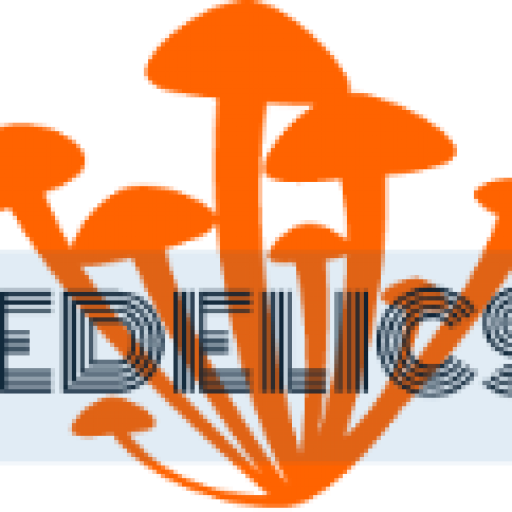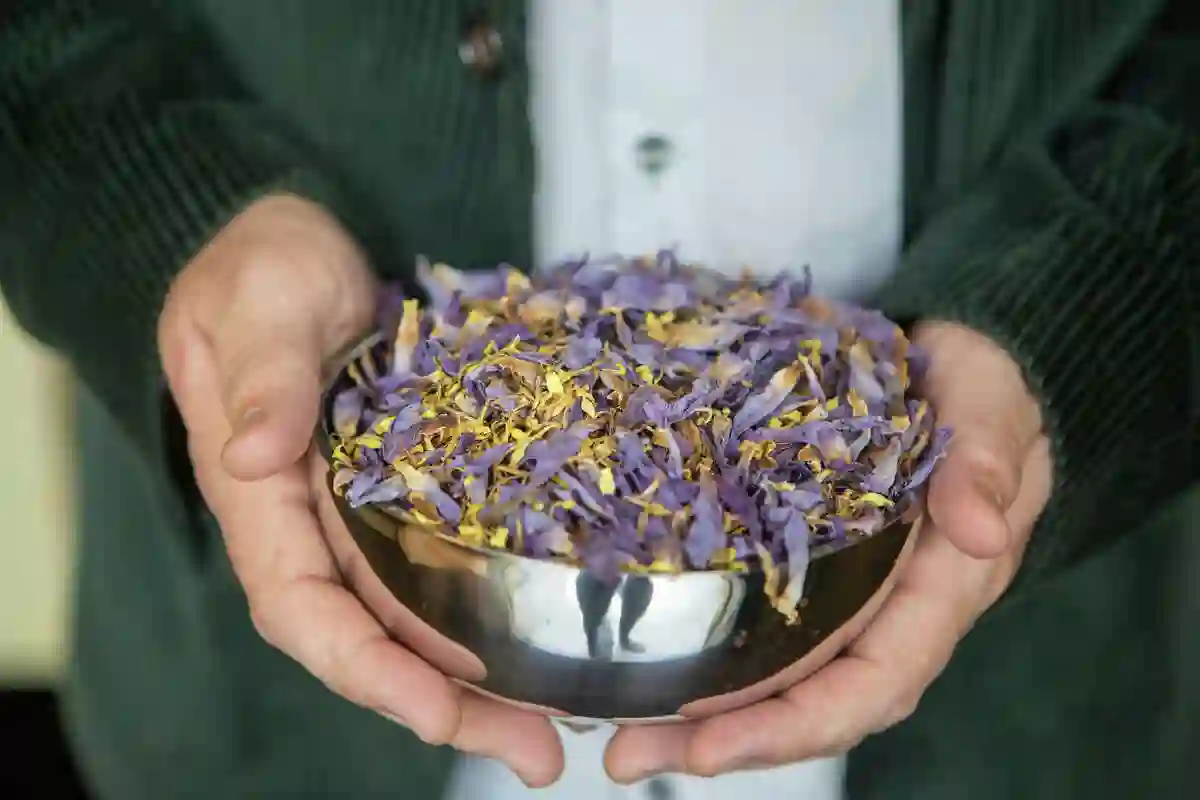Uncategorized
Legal Psychedelics: An In-Depth Look at the Emerging Trend
Legal Psychedelics: An In-Depth Look at the Emerging Trend
In recent years, there has been a growing interest in the use of psychedelics for therapeutic purposes. As a result, there has been a movement towards making some psychedelics legal for medicinal use. In this article, we’ll take a closer look at the current state of legal psychedelics and what it could mean for the future of mental health treatment.
What are psychedelics and how do they work?
Psychedelics are a class of psychoactive substances that are known for inducing altered states of consciousness and inducing visual and auditory hallucinations. They work by changing the way that the brain processes information, leading to changes in perception, thought patterns, and emotional states. Some of the most well-known psychedelics include:
- LSD (lysergic acid diethylamide)
- Psilocybin (found in magic mushrooms)
- Mescaline (found in the peyote cactus)
It’s important to note that psychedelics have been used for thousands of years in various cultures for spiritual and therapeutic purposes. However, in the mid-twentieth century, they were banned in many countries and classified as illegal drugs due to concerns about their safety and potential for abuse.
Why are some psychedelics becoming legal again?
In recent years, there has been a resurgence of interest in the therapeutic potential of psychedelics. This has been driven by a growing body of research and evidence that suggests that psychedelics can be effective in treating a variety of mental health conditions, such as depression, anxiety, and PTSD. Here are a few key findings from recent studies:
- A 2016 study published in the Journal of Psychopharmacology found that a single dose of psilocybin was effective in reducing depression and anxiety in patients with cancer.
- A 2020 study published in the New England Journal of Medicine found that two-thirds of patients with treatment-resistant depression experienced a significant reduction in symptoms after receiving psilocybin in combination with psychotherapy.
- A 2021 study published in JAMA Psychiatry found that psilocybin-assisted psychotherapy was effective in reducing symptoms of PTSD in a small group of veterans.
These and other studies have helped to rekindle interest in the therapeutic potential of psychedelics and have led to calls for their legalization for medicinal use.
Which psychedelics are currently legal?
The legal status of psychedelics varies from country to country and even from state to state. In general, however, most psychedelics remain illegal in many parts of the world. Here’s a closer look at the current state of legal psychedelics in the United States:
- LSD and mescaline remain illegal at the federal level in the United States and are classified as Schedule I substances, meaning that they have a high potential for abuse and no currently accepted medical use.
- Psilocybin, on the other hand, is currently legal for medicinal use in some US states, including:
- Oregon
- Colorado
- California
In these states, psilocybin can be prescribed by a licensed healthcare provider for the treatment of certain mental health conditions, such as depression and anxiety.
What does the future of legal psychedelics look like?
- It’s likely that we’ll see more states and countries legalize psilocybin and other psychedelics for medicinal use in the coming years.
- As more research is conducted and more evidence emerges, it’s possible that psychedelics could become a mainstream treatment option for mental health conditions.
- However, it’s important to note that there are still many questions and concerns that need to be addressed before psychedelics can be widely adopted as a treatment option.
In conclusion, the trend towards legal psychedelics is a promising development for the future of mental health treatment. While there is still much work to be done, the growing body of research and evidence suggests that psychedelics could play an important role in helping individuals overcome mental health challenges.



